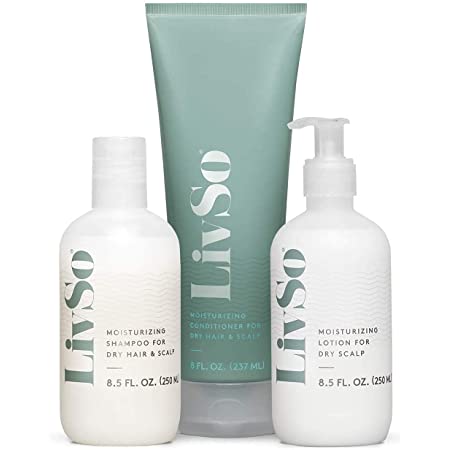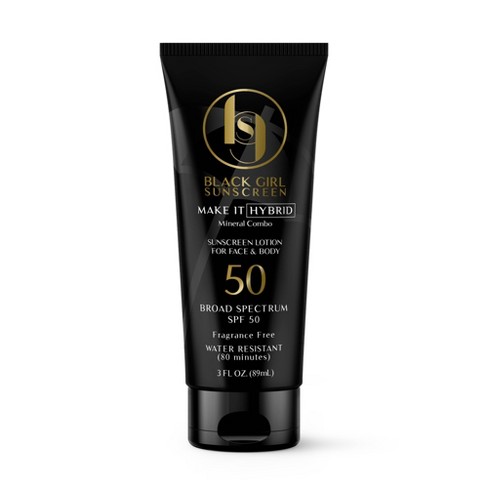We are thrilled and honored to welcome Dr. DiAnne Davis, MD, FAAD to the Bene Blog! Dr. Davis is a rockstar board certified dermatologist, laser guru, mentor and educational resource to the dermatology world, and has become a pioneer in the skincare and cosmetic surgery landscape. Last week, Dr. Davis joined me on Instagram Live to share some of her dermatology wisdom with us all. If you missed the discussion, you’re in luck! Dr. Davis is diving into her dermatology expertise with us below and giving you the full list of skin and hair care brands she lives by.
Xo Nina
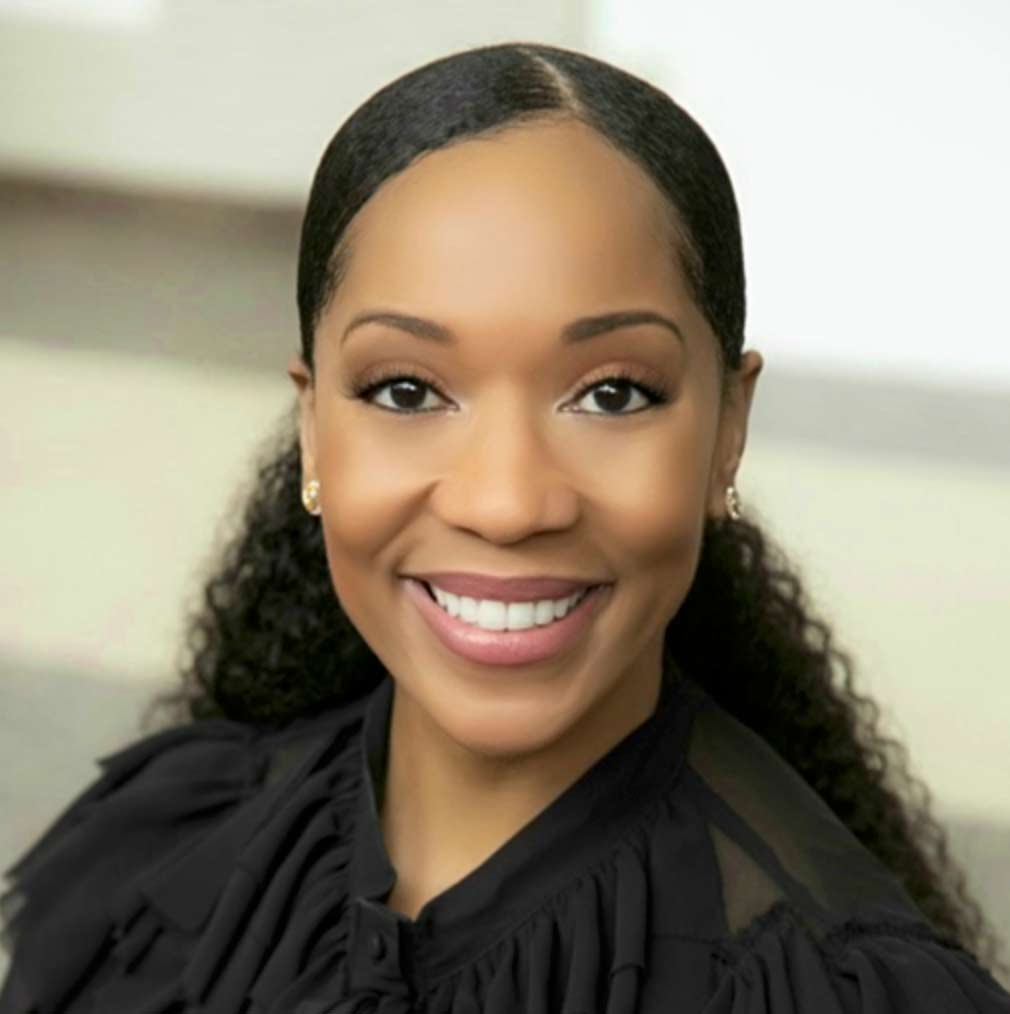
Nina Westbrook: Can you please tell us how your journey began, how you discovered your passion for skincare, and what you found was missing in this industry/what niche needed to be filled?
Dr. DiAnne Davis: My journey started with me wanting to go into medicine because my father was an anesthesiologist and I wanted to do everything just like him. So I always knew that medical school was in the cards for me. Fast forward to completing college at Tuskegee University and I was moved to New Orleans, LA to start graduate school at Tulane University. During this time I was in my early 20s and I started experiencing adult acne that really started to affect my self-confidence and quality of life. I had tried so many over-the-counter products with no success that finally, at the encouragement of a friend, I decided to go and see a dermatologist. The first dermatologist I saw was an older white male and, while he did give me a regimen to start, I can’t say that I had the best experience because I felt that he wasn’t truly listening to my concerns and how my acne was affecting me. So I decided to visit another dermatologist and the experience was truly life-changing. This dermatologist listened to my concerns, worked with me not only on the acne but also the hyperpigmentation that was leaving dark marks on my skin, and I felt like she understood me better as a minority woman wanting to go into medicine. It was at this time that I started to realize that dermatology is a field of medicine where you not only treat conditions of the skin, hair, and nails, but one where you can also truly have an impact on how a patient feels about themselves and their self-confidence. I also realized that dermatology was a field of medicine that was very under-represented in terms of physicians with black and brown skin and this also encouraged me to enter this field.
NW: You were influential in coordinating the first Mark Allen Everett Skin of Color Symposium at the University of Oklahoma. Can you please share a little bit about the goal of this conference and what dermatology clinicians and trainees can gain from attending?
DD: As a resident in training at the University of Oklahoma, I worked with my program director to develop a symposium that would prepare physicians and mid-level providers to recognize the unique dermatologic features that they may see in Skin Of Color. We also wanted to examine, discuss, and educate professionals on the importance of cultural competency as it relates to dermatology and seeing patients with black and brown skin. This past May we just hosted the 3rd Annual Skin Of Color symposium and it was well received by not only the medical community in Oklahoma but the surrounding states as well.
NW: When treating someone with a darker complexion, what are some things you should specifically look out for when it comes to skin care and different skincare procedures?
DD: When it comes to treating patients with darker skin tones, one has to always remember the sensitivity of our melanocytes. With any procedure there is always a chance that a patient could develop scars that could become darker than the surrounding skin (hyperpigmentation) or scars that are lighter than the surrounding skin (hypopigmentation). During my consultations I always assess the patient’s history and ask to examine any scars that they may have developed earlier in life to assess the degree at which they experience hyperpigmentation. This allows me to tailor my treatments specifically for that patient knowing that I may have to adjust my settings to minimize any potential complications. I also like to know the patient’s medical history, what previous treatments they may have tried (if any), and also their current skin care routine and lifestyle because all of this will come into play as we assess and decide which treatment may be best for them based on their aesthetic goal.

NW: Let’s talk lasers! What makes this skincare practice so effective? There are lots of opinions on whether lasers can be used on people with darker complexions. Can you help clear up some of the confusion around this? How have lasers revolutionized skin concerns in the Black community?
DD: Let me start off by saying that, yes, you can use lasers on skin of color and it’s very nice that we now have more companies developing lasers that have parameters to address concerns for patients with darker skin tones, such as hyperpigmentation, skin laxity, acne scars, etc. I believe that the confusion, in part, comes from either patients being told “there are no lasers for them” or patients having bad experiences or negative outcomes (i.e., burns) from laser procedures. What I can say is that, when it comes to lasers, you want to do your research to ensure whomever is doing your treatment is qualified. Inquire about their training, ask how much experience they have with skin of color, what complications they may have encountered in the past and how those were addressed. These are all very important things to consider if you’re interested in doing any form of laser treatment.
NW: You often speak about the importance of hair health, both as part of Black history and how hair health plays a major role in Black identity. Additionally, as part of your myriad of incredible expertise, you provide diagnoses and treatments for hair loss. How can women experiencing hair loss work with you to develop a treatment plan?
DD: Hair loss affects African-American women at such an alarming rate that I always encourage patients to seek out the help of a dermatologist as soon as they can when it comes to any concerns with their hair or scalp. When it comes to hair loss, time is money. While there are some great over-the-counter products, it is always wise to know what your diagnosis is so that a comprehensive and specific treatment plan can be outlined for you. Once diagnosed, we can work with you on discussing both over-the-counter and prescription medications, or even in-office procedures that can be helpful in terms of hair loss. We can also coordinate your appointments with your hair appointments and offer suggestions for different hairstyles that may be beneficial depending on the type of hair loss you may be experiencing. When it comes to treating hair loss, it is definitely a journey and a strong relationship needs to exist between the patient, the dermatologist, and their hairstylist.
NW: What’s on the horizon? Is there a treatment you feel is going to be the next to revolutionize the skincare industry?
DD: Microcoring is a treatment process where tiny sections of skin are removed individually to help with skin tightening in a minimally invasive fashion. I think this is going to be revolutionary in the skincare industry and that we will be able to utilize the treatment for more skin concerns such as scarring, particularly pitted acne scars, in the future.
NW: We thank you for continuing to strive for diversity and inclusivity within the beauty industry. To support companies that are by us and for us who are tirelessly working to spotlight, enrich, and highlight all that is wonderfully Black and beautiful, can you share your favorite Black-owned skincare brands?
*This is not medical advice
Haircare
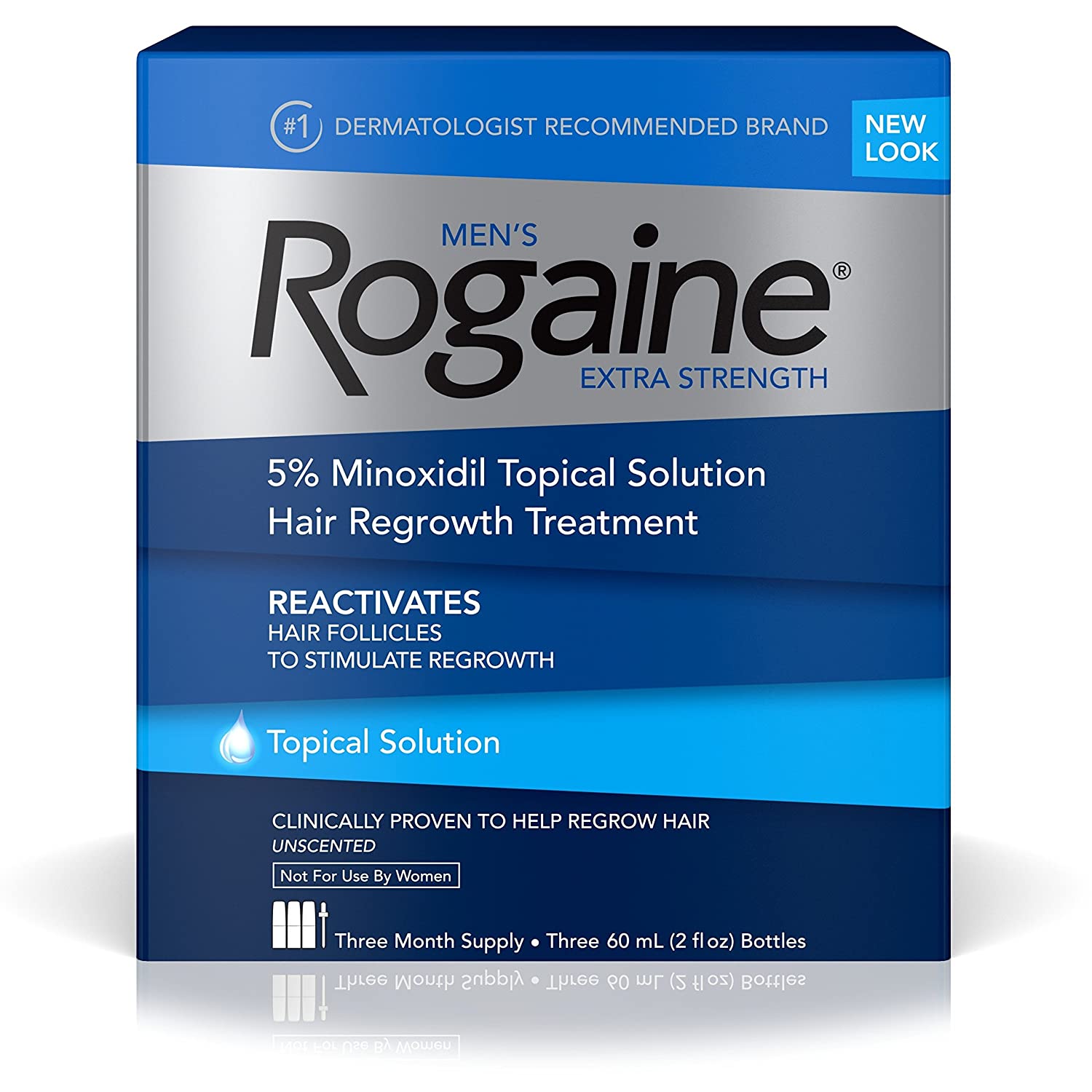
Generalized Hair Loss – Men’s Rogaine (Minoxidil)
Scalp Inflammation – Nizoral
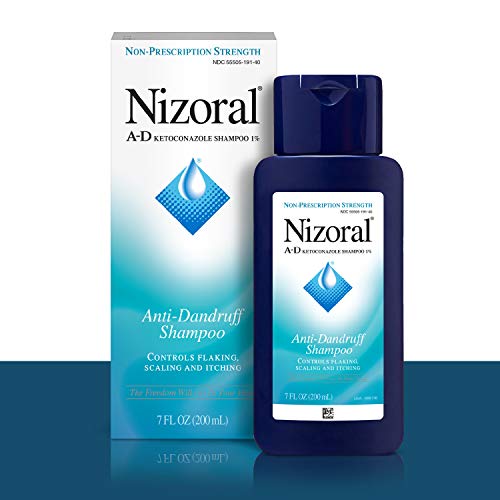
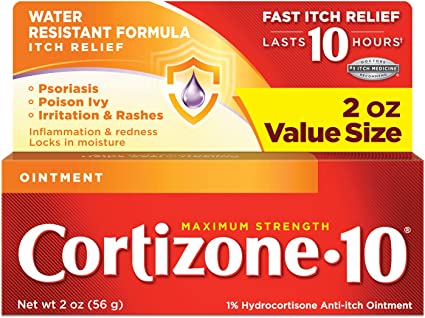
Itching in the scalp – Cortisone Ointment
Black Owned Skincare
Moisturizer & Serums – Rose MD

Oil Based Sunscreen – Mele

Black Owned Hair Care
Hyperpigmentation Care
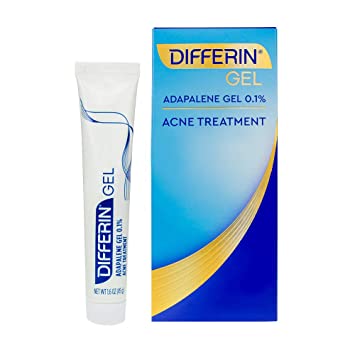
Topical Retinoid – Differin Gel
Vitamin C Serum – Paula’s Choice
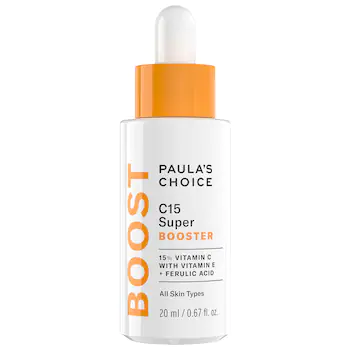

Vitamin C Serum – Beauty Stat

